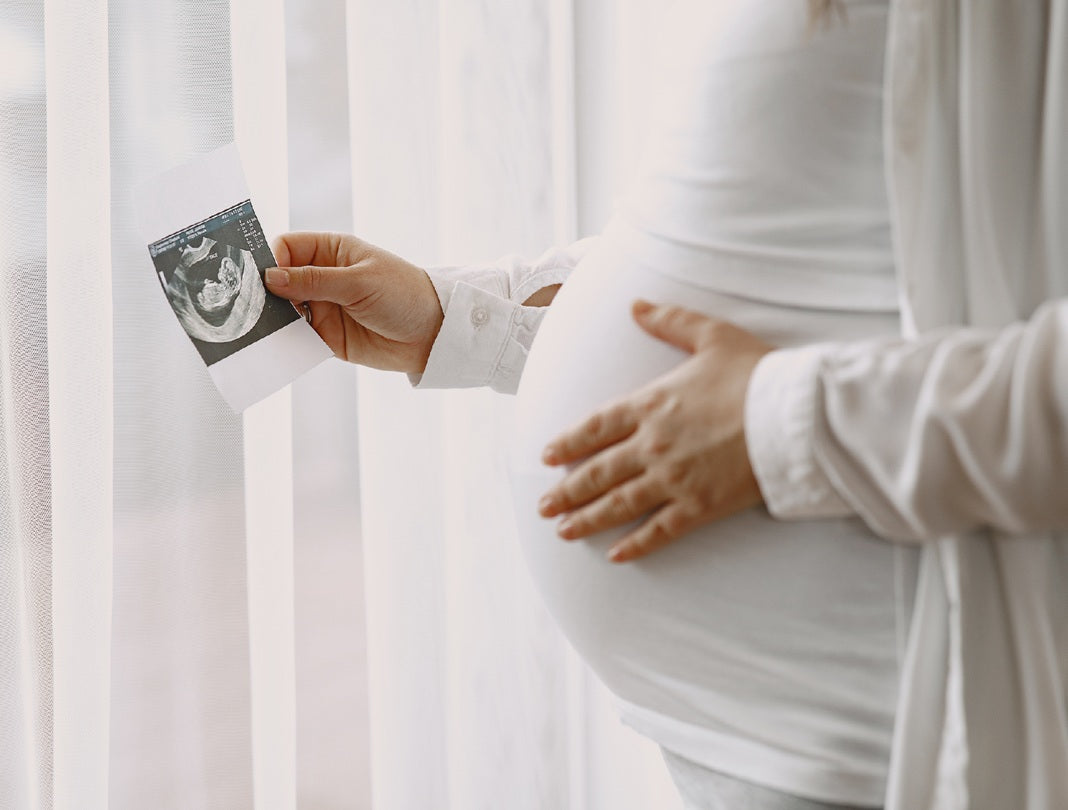
The Biological Impact of Pregnancy
The journey of motherhood is both fulfilling and challenging, but recent research has revealed a surprising biological consequence of pregnancy: it may accelerate the aging process in women. This article explores the science behind how pregnancy impacts biological aging, the mechanisms involved and what this means for women's health. We will also discuss safety considerations and alternative approaches to mitigate potential aging effects.
What is Biological Aging?
Biological aging refers to the gradual decline in the efficiency and functionality of our body's cells. Unlike chronological age, which simply counts the years a person has lived, biological age reflects the health of an individual at a cellular level. One method of measuring biological age involves examining epigenetic markers, particularly telomeres—protective caps at the ends of chromosomes that shorten as cells divide.
The Role of Epigenetics
Epigenetics studies how external factors can modify gene expression without altering the DNA sequence itself. Telomeres shorten with age, stress and various life events, including pregnancy. Understanding how pregnancy affects these biological markers is crucial for assessing long-term health impacts.
Research Findings on Pregnancy and Aging
A study published in The Proceedings of the National Academy of Sciences by researchers from Columbia University examined the relationship between pregnancy and biological aging in a sample of 1,735 young men and women in the Philippines. The findings indicated that women who had been pregnant exhibited accelerated biological aging, as evidenced by age-associated DNA markers.
Key Findings:
Women with multiple pregnancies showed increased signs of biological aging, which correlated with the number of pregnancies they experienced. Interestingly, this effect was not observed in the male participants, suggesting that pregnancy itself is a significant factor in biological aging for women.
Reversibility of Aging Effects
While the study found that pregnancy may accelerate biological aging, another study published in Cell Metabolism suggests that some of these effects are reversible. After the stress of pregnancy and childbirth, women may experience a return to a more youthful biological state, though more research is needed to fully understand these mechanisms.
Potential Health Implications
The findings about pregnancy and biological aging raise important questions about women's health:
- Long-Term Health Risks: Accelerated biological aging could potentially lead to increased risks of chronic diseases later in life, such as cardiovascular disease, diabetes and certain cancers.
- Mental Health Considerations: The stress of pregnancy and motherhood can also impact mental health, which may compound biological aging effects.
Recommendations for Women
1. Regular Health Screenings: Women should engage in routine health check-ups to monitor their overall health and address any emerging issues early.
2. Postpartum Care: Focus on recovery and health after childbirth, including mental health support, nutrition and physical activity.
Alternatives and Complementary Approaches
While pregnancy has biological impacts, there are strategies to promote healthy aging and mitigate these effects:
1. Healthy Lifestyle Choices:
- Balanced Diet: Emphasize whole foods, including fruits, vegetables, lean proteins and healthy fats. A Mediterranean diet is often recommended for its health benefits.
- Regular Exercise: Physical activity is crucial for maintaining muscle mass, cardiovascular health and mental well-being.
2. Stress Management:
- Mindfulness and Meditation: Techniques that promote relaxation and reduce stress can positively influence biological aging. Studies suggest that mindfulness practices may help maintain telomere length.
3. Nutritional Supplements:
- Antioxidants: Supplements such as vitamin C, vitamin E and omega-3 fatty acids may combat oxidative stress, promoting cellular health.
Potential Risks of Alternative Approaches
While adopting a healthy lifestyle can mitigate some aging effects, it is essential to consult a healthcare provider before starting any new diet or supplement regimen. Some supplements may interact with medications or have side effects.
Conclusion
The scientific exploration of how pregnancy affects biological aging reveals a complex relationship between reproductive health and long-term well-being. While research indicates that pregnancy can accelerate biological aging in women, it is also encouraging to note that some effects may be reversible with proper care and lifestyle choices.
As we continue to learn more about the implications of pregnancy on women's health, it is vital to support new mothers with resources and healthcare that address their unique needs. By prioritizing health and wellness, women can navigate the challenges of motherhood while promoting longevity and vitality.
By understanding the biological impacts of pregnancy and implementing healthy practices, women can support their health through the transformative journey of motherhood.
Sources:
1. Newsweek. (2024). Scientists Reveal How Much Each Pregnancy Ages You
2. Harvard Health. The Mediterranean Diet
3. Psychosomatic Medicine. Mindfulness and Telomere Length. Link